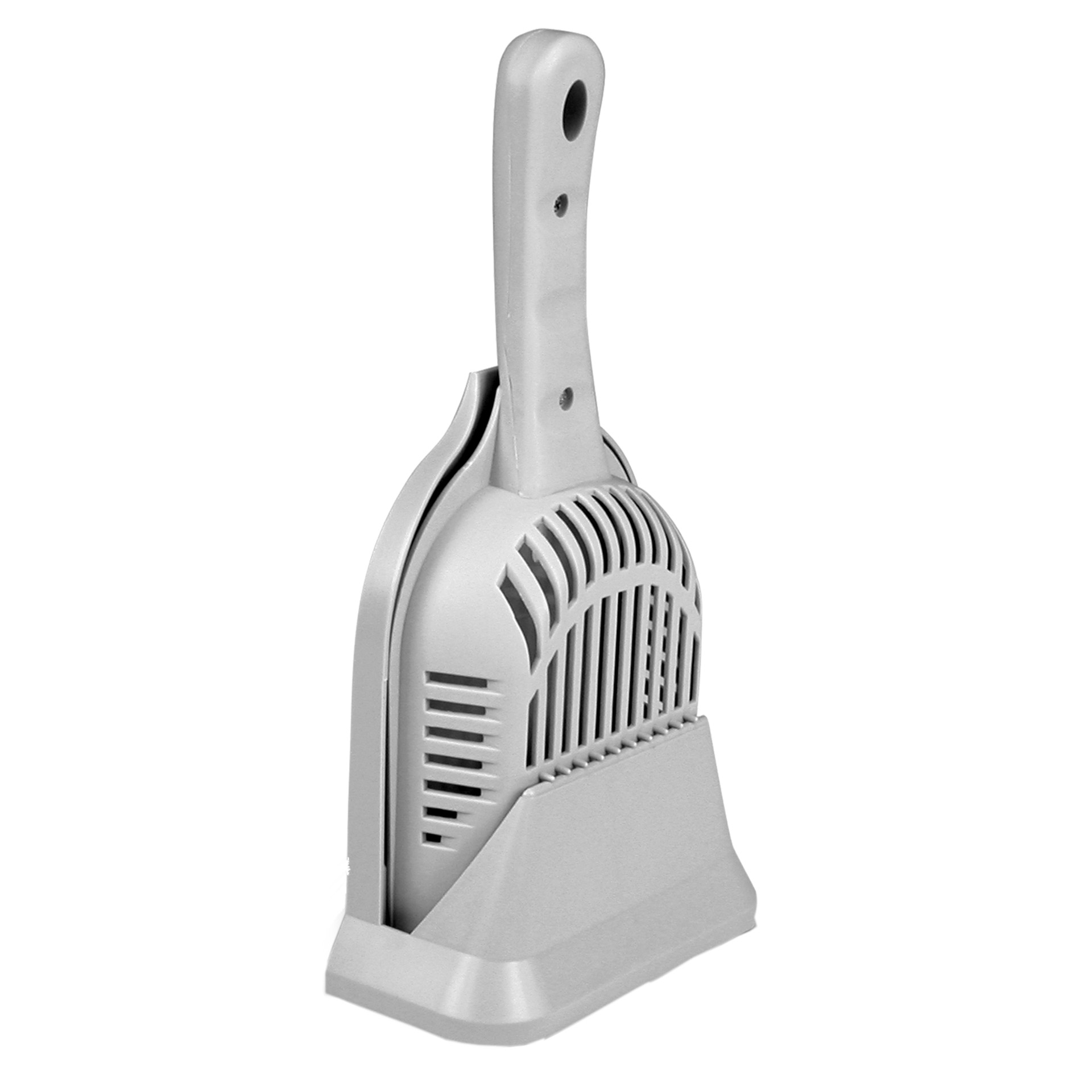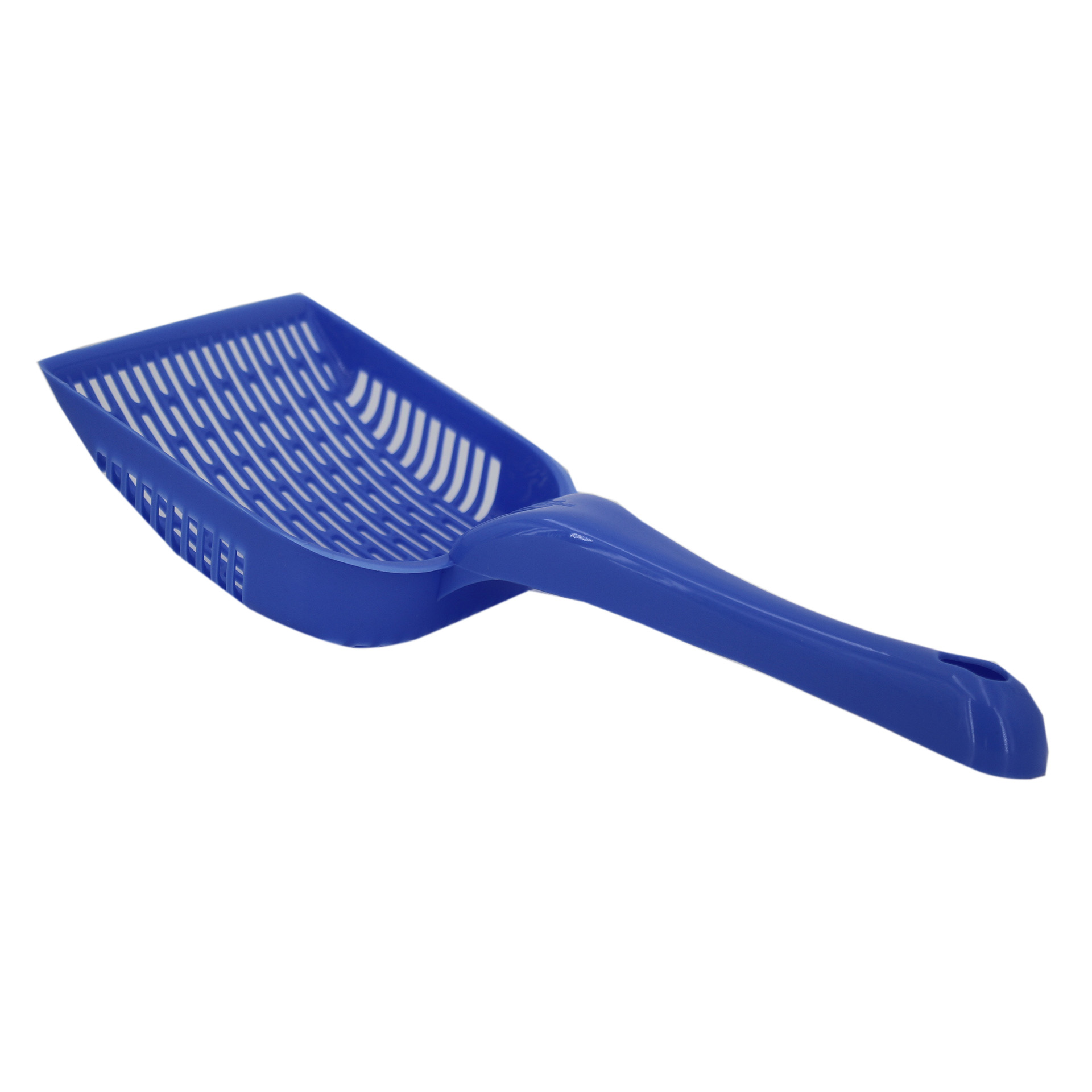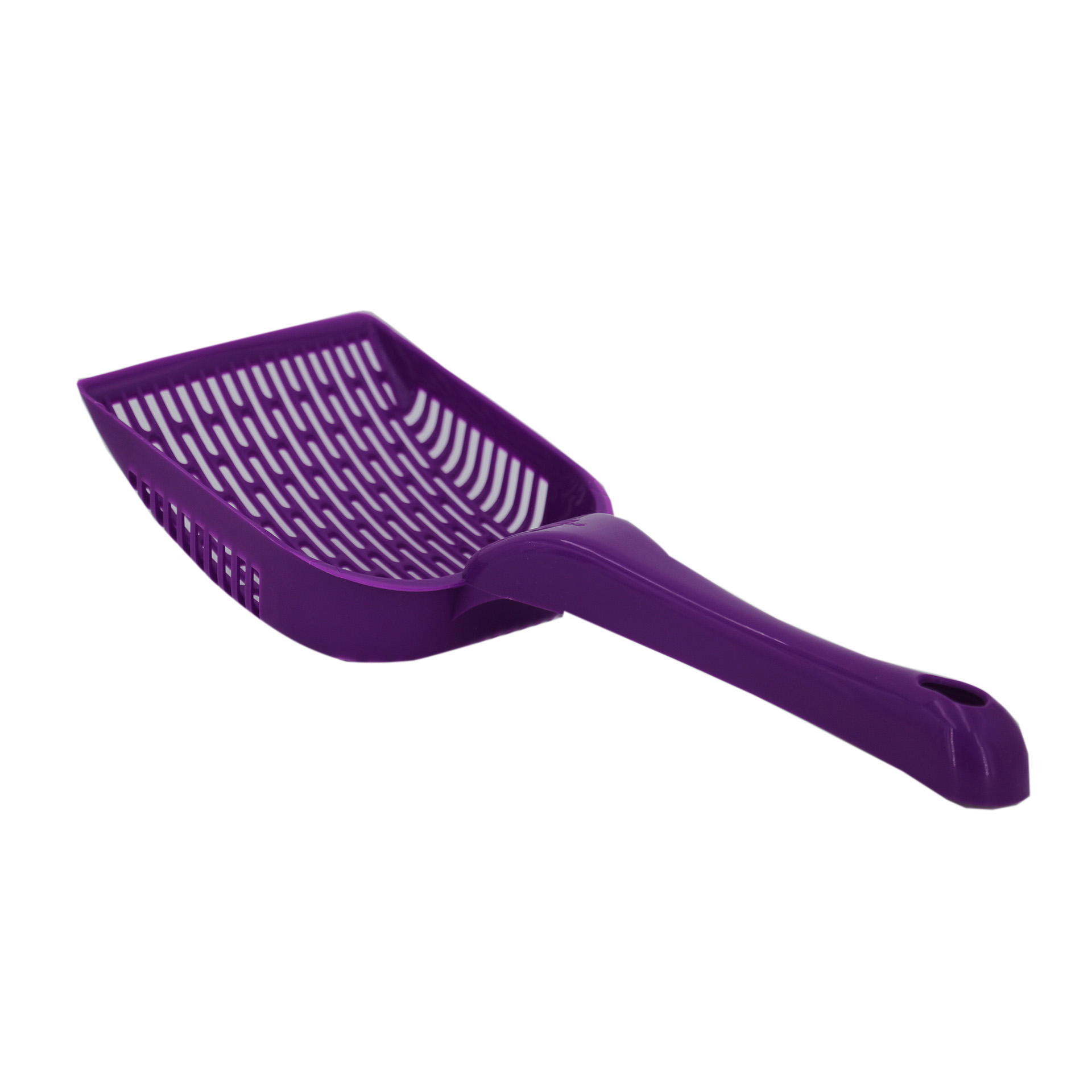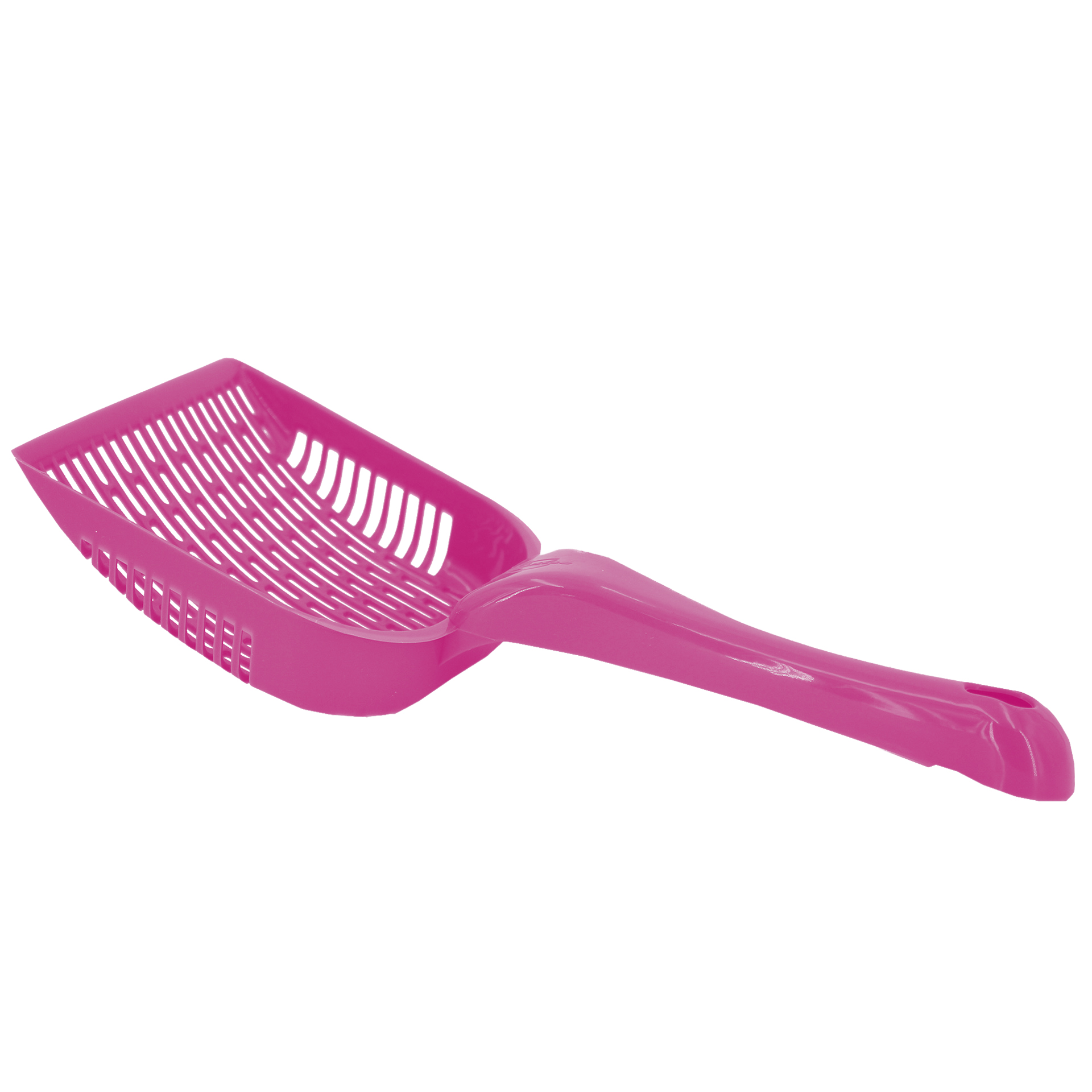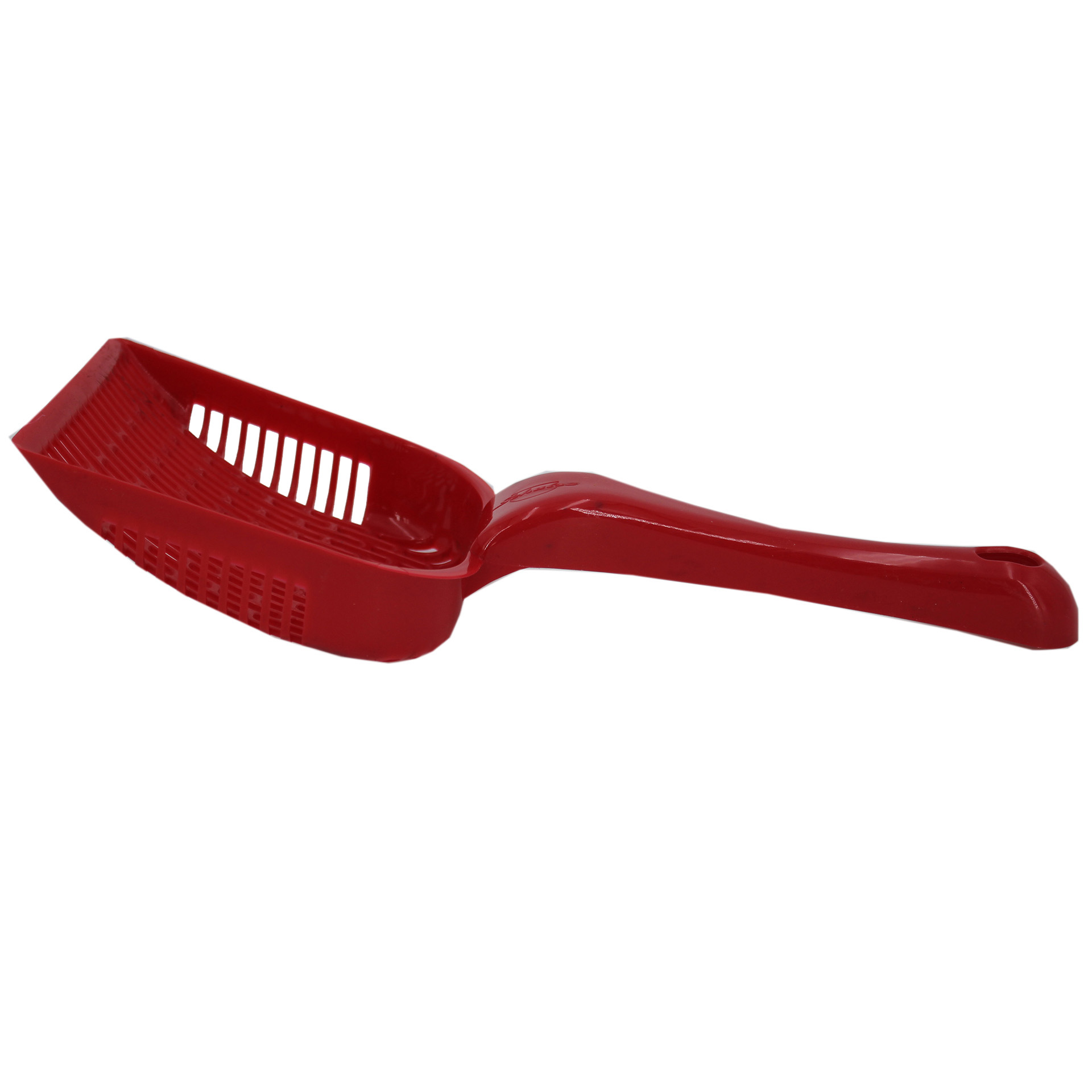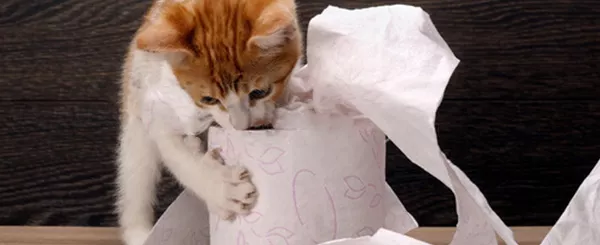
Organic cat litter or mineral cat litter - which is best for my cat
What types of cat litter are there and what are the differences?
Cats attach great importance to cleanliness. As a responsible cat owner, it is therefore all the more important that you provide your cat with a clean toilet. Choosing the right litter is as crucial as it is important.
Mineral cat litter: high absorbency and reliable clumping
Mineral cat litter: high absorbency and reliable clumping Mineral cat litter is also known as bentonite cat litter. It is one of the most popular and widely used types of litter. Bentonite is a natural clay rock that has very special properties:
- Outstanding absorbency and swelling capacity: Bentonite can absorb many times its own weight in liquid.
- Reliable lump formation: On contact with moisture, the litter takes on a loamy-solid consistency.
- Effective odor binding: Depending on the litter, it effectively binds odors. Sometimes activated charcoal or a baby powder fragrance is added.
- High yield: The solid lumps can be easily removed with a shovel without any great loss of litter.
Organic cat litter: sustainable and environmentally friendly
Organic cat litter: sustainable and environmentally friendly Natural cat litter made from plant fibers such as grasses, corn or other plant-based materials is becoming increasingly popular and effective. High-quality natural litter, such as the one we offer in our range, is particularly impressive:
- Complete biodegradability: Natural litter made from plant-based materials is environmentally friendly and resource-efficient
- Excellent odor absorption: The litter is not only extremely absorbent, but also prevents unpleasant odors.
- Virtually dust-free consistency: As it hardly creates any dust, it is perfect for sensitive cats and allergy sufferers.
- Flexible disposal options: After consultation with the local public utility company, the water-soluble clumps can also be disposed of in the toilet. Otherwise it goes into the organic waste or compost.
- Regional production: Many products are made from local raw materials that are grown regionally and grow back quickly. They are grown locally and grow back quickly.
Clumping or non-clumping litter: which is better for my cat?
The question of clumping or non-clumping cat litter is ultimately a personal decision - both for you and your cat. We have worked out the advantages and disadvantages in this direct comparison:
Clumping cat litter
- Easy to clean: The solid clumps can be very easily separated from the used litter and disposed of - without any great loss of litter
- Economical: The clumping makes the litter particularly economical, so you don't have to refill it as often.
- Longer service life: The litter needs to be changed less often than non-clumping litter. High-quality bentonite litter often only needs to be completely replaced every three weeks.
- More hygienic: Urine and excrement are quickly bound into solid clumps. As a result, nothing sticks to the floor and the toilet stays clean for longer.
Non-clumping litter:
- More frequent complete replacement: The entire litter must be replaced every few days. After all, no clumps form, which makes cleaning more time-consuming.
- Lower yield: As it is not as economical as clumping litter, it has to be bought more often. This is noticeable in the wallet in the long term.
We would generally advise you to use clumping litter, as it is not only less work, but also more cost-effective.
How can I avoid unpleasant odors?
How can I avoid unpleasant odors? If a litter tray smells unpleasant, there are usually two reasons behind it: the cat's diet or a dirty litter tray. However, you can easily counteract this:
1. Make sure your cat has a high-quality diet: the quality of your cat's food affects the smell of its droppings. Feed your cat high-quality food without grain or other additives, but with a high meat content.
2. clean the litter tray regularly: Clumps and droppings should be removed two to three times a day. All litter should also be changed regularly. Follow the manufacturer's recommendations.
3. keep the litter tray clean: Urine scale can build up in the litter tray over time. Therefore, rinse and clean the tray thoroughly with hot water and, if necessary, a little vinegar or a special cleaning agent for the animal environment when changing the litter. Translated with DeepL.com (free version)
Fine litter or coarse litter:
Fine litter or coarse litter: which cat litter is best for my cats? The size of the granules also plays a role. Here it mainly depends on your household and your needs. Because fine and coarse litter have their own advantages.
Fine litter: Ideal for kittens and small cats
- Quick clumping: The small granules form firm clumps.
- Surface spreading of the liquid: The clumps are rather flat and can be easily picked up with a scoop.
- Particularly suitable for kittens: The clumps form reliably even with a small amount of urine.
- The only disadvantage is that: The fine grains stick more easily to the paws and can cause more dirt in the home.
Coarse litter: Ideal for long-haired cats and less litter carryover
- Less likely to stick to the paws: As the grains are larger and heavier, the litter does not stick as easily to the paws or in the fur.
- Effective clumping with larger amounts of urine: The grains form firm clumps even with larger amounts of urine without falling apart.
- Ideal for: Adult cats, long-haired cats and cat owners who attach great importance to less litter carry-over.
Conclusion: Which cat litter is best for my cat and me?
Which litter is best suited to your cat household depends on various factors. Basically, good quality cat litter is characterized by the following properties:
- Effective odor binding
- Fast and reliable clumping
- Lowest possible dust formation
- Little litter carryover
Ideally environmentally friendly and easy to dispose of.
The decision between mineral cat litter and organic cat litter is ultimately a very personal one and also depends on your cat. It is best to try out what your cat prefers. You will soon notice which litter your four-legged friend feels most comfortable with.
Our recommendations:
🐾 For environmentally conscious cat owners: Plant-based clumping litter - natural, biodegradable and particularly suitable for kittens and sensitive cats.
🐾 For maximum absorbency and clumping: Bentonite clumping litter - high-quality mineral litter for excellent odor absorption and easy cleaning.


